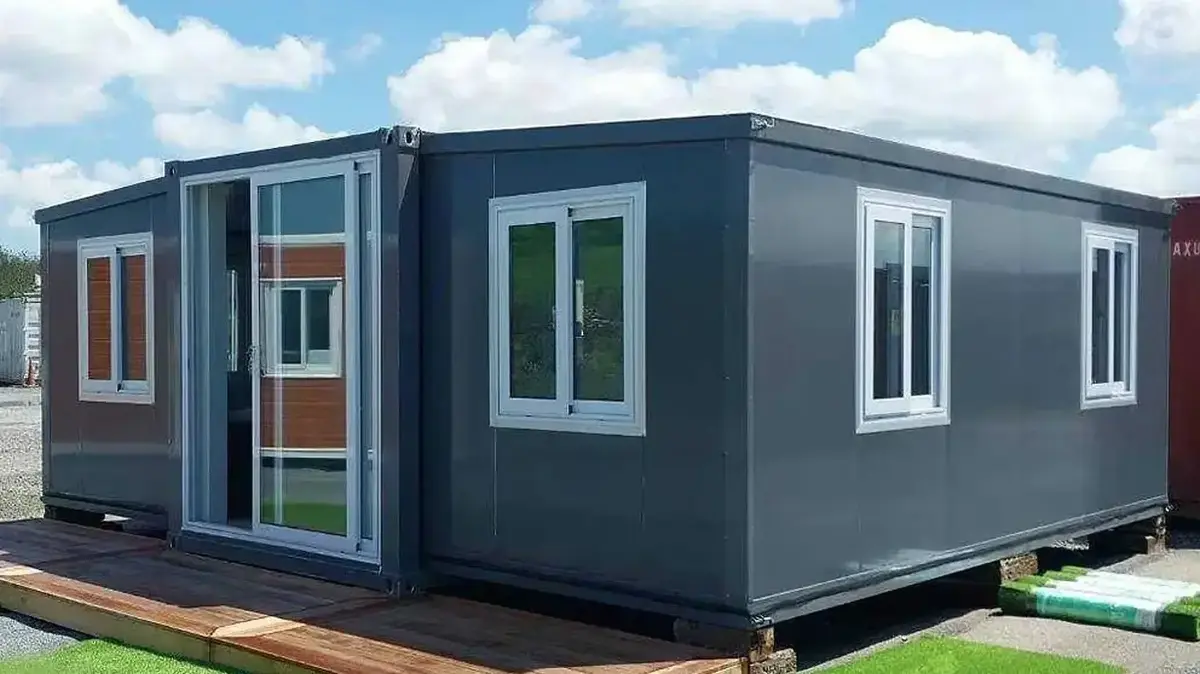The coronavirus epidemic has disrupted the real estate industry in many ways, from the number of deals closing to property prices.
At the base of all this are the intentions of citizens to change their homes, and that is what a study published by Fotocasa this Tuesday has analyzed.
The main conclusion is that 27% of people have carried out some action related to the market (trying to buy, sell or rent a house) in the last twelve months, compared to 31% who declared to be in this situation last February.
But the fall is uneven: while the sales market is almost stable, the rental market has been more affected.
"Historically it has always been more sensitive to any change or alteration in the environment", reasons the real estate portal.
The study is based on just over 5,000
online
surveys
conducted in late August and early September.
The results are compared with a similar sample taken last February and which is now very useful for evaluating the impact of the first six months of the pandemic on the sector.
From the point of view of sales, 3% of those surveyed said they had bought a home in the last 12 months, the same percentage as in February.
9%, compared to 10% at the beginning of the year, acknowledged having searched without being able to complete the purchase.
On the sellers side, the percentages do not change in either of the two samples: 2% reported having sold a home and 3% were trying to sell it, without success.
However, on the rental side, the drop in activity translates into percentage drops from almost all points of view.
Those who have rented a home as tenants in the last 12 months are 6%, compared to 8% in February;
and those who have chosen to rent a room in a shared apartment, 4% (by 6% before the pandemic).
Also the owners who have rented a house decrease from 4% to 3%.
And those who have looked for a room without success go from 2% to 1%.
Invariables remain the tenants who have not come to rent a house (2%) and also the owners who have tried without success (1%).
In short, less supply and less demand for rentals, a delicate sector according to many experts because a substantial part of those who compose it are in more precarious situations than those who own houses.
As a result, the rental and purchase activity has practically matched from the point of view of demand: 44% is related to leases and 43% to purchase.
In February, those percentages were 49% and 39%, respectively.
12% are homeowners who participate in both markets at the same time (that is, they seek both to buy and to rent).
The Valencian Community, the most affected
The study also detects territorial differences and concludes that the Valencian Community, highly dependent on tourism and second homes, is the one that shows the greatest decline in activity, which goes from 19% to 14% in sales and from 23% to 14% for rent.
There are also setbacks in Andalusia and the Basque Country, while in Madrid and Catalonia the behavior is uneven: the sale gains percentage and the rent falls three and four points respectively.
These percentages are calculated on the total of those surveyed.
By age groups, the maintenance of the sale is based on people between 35 and 44 years old, the only one where the actions related to this market segment have grown.
This increase compensates for the slight decreases among younger or older generations.
The intention to rent, on the contrary, gives ground in all age ranges.
A striking fact is that the intention to buy a home within a maximum period of two years has gone from 5% to 8% of those surveyed.
This suggests that there is a pocket of contained demand and is also related to the fact that, during confinement, many people have considered moving house, as other studies have found.
Among the reasons that prevent changing homes, the crisis is felt: those who discard buying because their economic or employment situation prevents them, have gone from 31% in February to 35% at the end of summer.

/cloudfront-eu-central-1.images.arcpublishing.com/prisa/JBDLD2K3QGGL2XVJJFYJNTZEZI.jpg)


/cloudfront-eu-central-1.images.arcpublishing.com/prisa/QTVF3EOGLFBTPJL3YXHGH4CEFE.jpg)
/cloudfront-eu-central-1.images.arcpublishing.com/prisa/P7DEE7YZFBBOPJXCCEE6I23NZY.jpeg)








